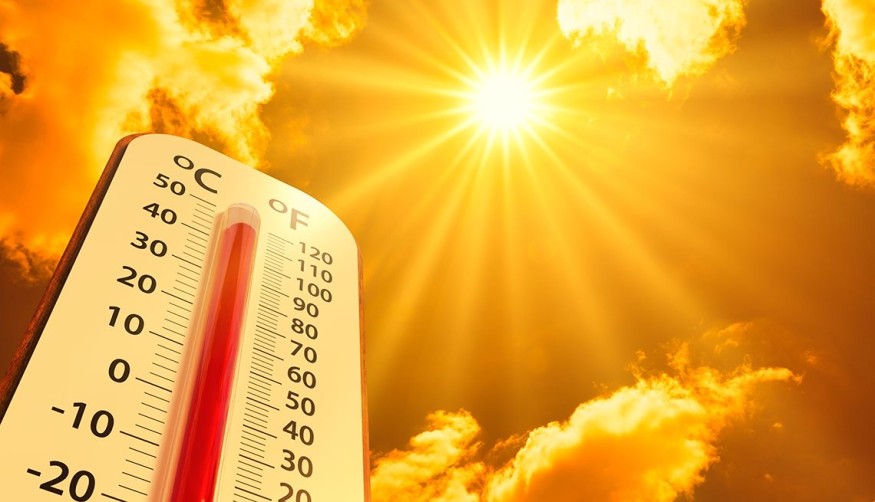
The UK is experiencing its most scorching early summer in decades, with soaring temperatures, parched landscapes and relentless sunshine creating unprecedented conditions this year.
Meteorologists attribute this extreme weather to a mix of record sunshine, marine heatwaves, and accelerating climate change effects that show no signs of abating.
UK Breaks Sunshine Records Before Summer
The Met Office confirms the country has already shattered spring sunshine records, logging over 630 hours between March and late May—the highest total ever recorded for this period and significantly surpassing 2020's previous benchmark of 573 hours.
What does that mean for the summer ahead? Dry ground heats more quickly, and without rain to cool things down, the heat lingers longer.
'High pressure systems have dominated since February,' the Met Office reported. 'They're blocking rain and keeping skies clear, allowing heat to build.'
Marine Heatwave Pushing UK Temperatures Even Higher
Sea surface temperatures around southwest England and western Ireland are currently 2°C to 4°C above normal, creating one of the UK's longest-ever marine heatwaves.
Why does this matter? Warmer seas act like a storage heater, transferring heat and moisture into the air above, making hot days even hotter and nights more humid.
'These marine conditions began in March and are still ongoing,' the Met Office said. 'Combined with persistent sunshine, it's amplifying the UK heatwave conditions.'
How Climate Change Is Intensifying Extreme Weather
This isn't a one-off event. According to the 2025 global temperature outlook, this year is on course to be one of the three hottest years on record. Scientists say climate change in the UK is now clearly contributing to more frequent, intense, and longer-lasting heatwaves.
Professor Elaine Ruddick from the University of Exeter explained: 'We're no longer dealing with natural weather cycles alone; man-made climate change is making extreme events like this more likely and more dangerous.'
Rising Heat, Real Impact: Why It Matters to You
Whether you're on holiday, working outdoors, or caring for someone vulnerable, the unusually hot UK weather affects more than your comfort.
What the data shows:
- NHS emergency visits can rise by up to 15% during heatwaves.
- Crop yields are already under pressure due to soil dryness.
- Reservoir levels are dropping, prompting water suppliers to warn of hosepipe bans if rain doesn't return soon.
How to Stay Safe During a UK Heatwave
Protecting yourself and others is vital during periods of extreme heat. Here are some expert-backed tips:
- Drink 6–8 glasses of water daily, more if you're active.
- Avoid peak sunlight from 11 a.m. to 3 p.m.
- Use blinds and fans to keep indoor temperatures down.
- Check on neighbours, especially older or vulnerable individuals.
- Monitor heat alerts via the Met Office app or website.
The Big Picture: Hotter Summers Are Here to Stay
As climate systems shift and oceans warm, the UK's future summers are likely to bring more of the same, unless global emissions are drastically reduced.
This summer's extreme weather conditions — from scorching heatwaves to sudden downpours — may no longer be isolated anomalies, but rather the beginning of a new climate reality, one that fundamentally reshapes how Britons experience what was once considered a reliably mild and temperate environment.
Originally published on IBTimes UK
This article is copyrighted by IBTimes.co.uk, the business news leader



